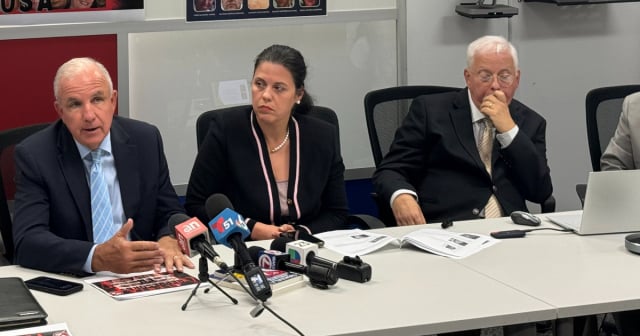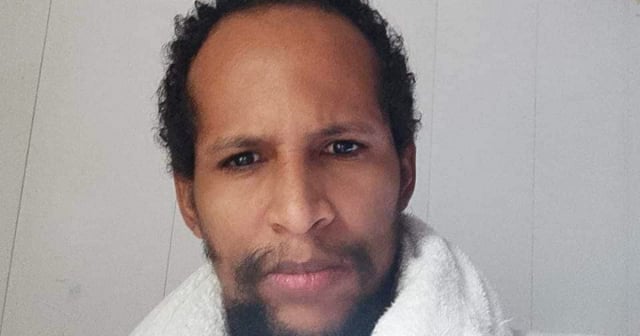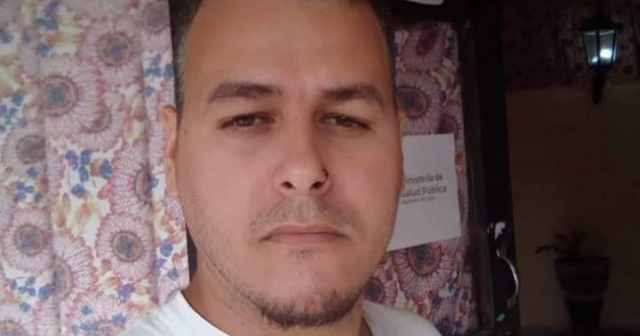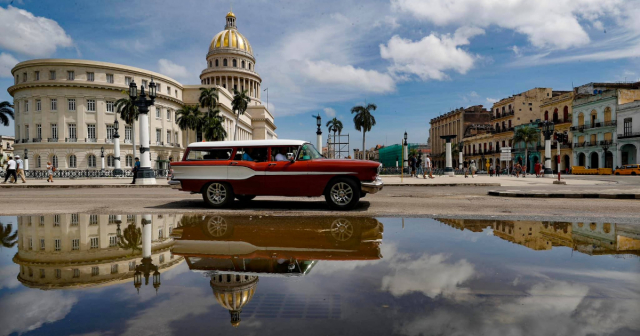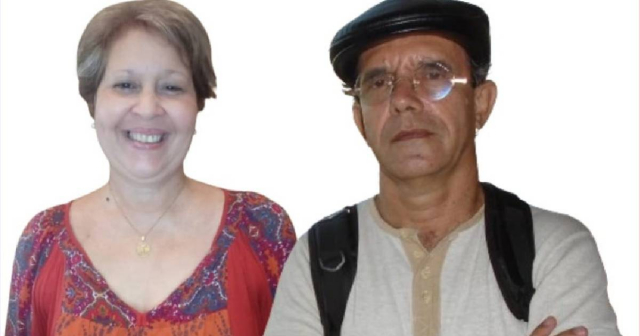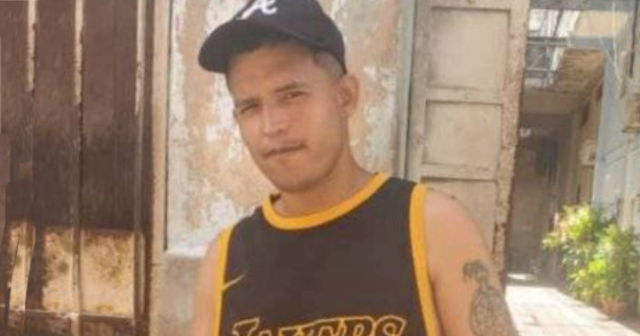The Foundation for Human Rights in Cuba (FHRC) has identified a thousand Cuban repressors, of which 117 would have entered the United States in the last year (since February 2023), "many of them lying," stated Tony Costa, director of the NGO, in remarks reported by Martí Noticias.
With these numbers in hand, the foundation dedicated to identifying individuals who have violated human rights in Cuba estimates that the number of repressive agents from the Island entering the United States while bypassing established regulations has multiplied five times, as they had documented about twenty of them and it has now risen to 117. And this has been possible, it emphasizes, within the framework of an unprecedented migratory wave.
"We began by observing the increase of repressors in the massive arrival through the southern border of the U.S., following the mass exodus through Nicaragua, which has brought more than half a million Cubans to the United States and then continued in programs like humanitarian parole," said Rolando Cartaya, one of the researchers who has participated in the compilation of the list of Cuban repressors, which can be consulted on their website.
According to Florida Congressman Carlos Giménez, it is not exclusive to the Cuban repressors because it also happens with collaborators of Nicolás Maduro's regime in Venezuela and Daniel Ortega's in Nicaragua. In these cases, they also do not meet the requirements to enter the United States, although they have gained access after bypassing the controls.
Giménez, along with other Republican congress members, has written several letters to the Department of Homeland Security alerting them about the fraud. "If they fought so hard for the Cuban, Venezuelan, or Nicaraguan regimes, they should stay in Cuba, Venezuela, or Nicaragua," he added.
In that group of repressors who have evaded border controls is prosecutor Rosabel Roca Sampedro, who requested years of imprisonment for protesters from July 11 in Cuba; Manuel Menéndez Castellanos, former secretary of the Communist Party of Cuba in Cienfuegos, who was caught arriving at Miami airport for family reunification; and judge Melody González Pedraza, currently detained, who sentenced four young people for protesting in Cuba. She is waiting for a political asylum hearing in the U.S.
One of the people who has identified Melody González Pedraza claims that she served as a judge for 15 years in a small town in Encrucijada (Villa Clara), "where organized crime is quite prevalent" and was imprisoning "young people with mental issues, diminishing the population."
For his part, former PCC leader Manuel Menéndez Castellanos tried to go unnoticed upon arriving in Miami in a wheelchair, with a medical mask covering his face, wearing glasses and a cap. However, he did not manage to go unnoticed and appeared upset when identified. His history as a repressor shows that he worked for the Cuban regime since 1972. He first became involved with the Central de Trabajadores de Cuba (CTC) and was later promoted to first secretary of the Communist Party in Cienfuegos, a position he held from 1993 to 2003.
Congressman Carlos Giménez claims to have information that both Menéndez Castellanos and Roca Sampedro will be deported to Cuba. Until that moment arrives, the victims have to coexist with their oppressors. This is the case of journalist Roberto Quiñones Haces, who is sheltered in the United States and has seen two of the henchmen who imprisoned him on the Island in this country.
"If people want to take this to court, they can write a sworn statement before a notary, send it to us (at FHRC), and we will forward it to the FBI and DHS," Cartaya stated, who highlighted that in several cases official investigations have been conducted regarding the accused individuals.
In statements to Telemundo 51, Cuban lawyer Santiago Alpízar, a collaborator of the Cuba Demanda organization in these investigations, emphasized that "the U.S. government has all the resources. What is lacking here is the administrative or political will to enforce the law."
The commitment of Carlos Giménez
The Cuban-American legislator Carlos Giménez has committed to identifying Cuban repressors who have arrived in recent times and live in the United States.
"If you are a Castro regime repressors living in the United States, we will identify you and you will be returned to Cuba for committing immigration fraud. It is unacceptable that the Biden-Harris Administration accommodates regime agents who kill our people," declared the Republican on the social network X (formerly Twitter).
The congressman committed to delivering the list of individuals identified by the FHRC to the responsible agencies. Additionally, he assured that he would seek for the Secretary of the Department of Homeland Security, Alejandro Mayorkas, to appear before a congressional committee to explain how these individuals were able to enter the United States, denouncing a possible "massive fraud."
Giménez participated this Tuesday in a press conference held in Miami by the Foundation for Human Rights in Cuba, where the presence of at least 117 alleged repressors of the Cuban regime who have emigrated to the United States since February 2023 was denounced.
What do you think?
COMMENTFiled under:

